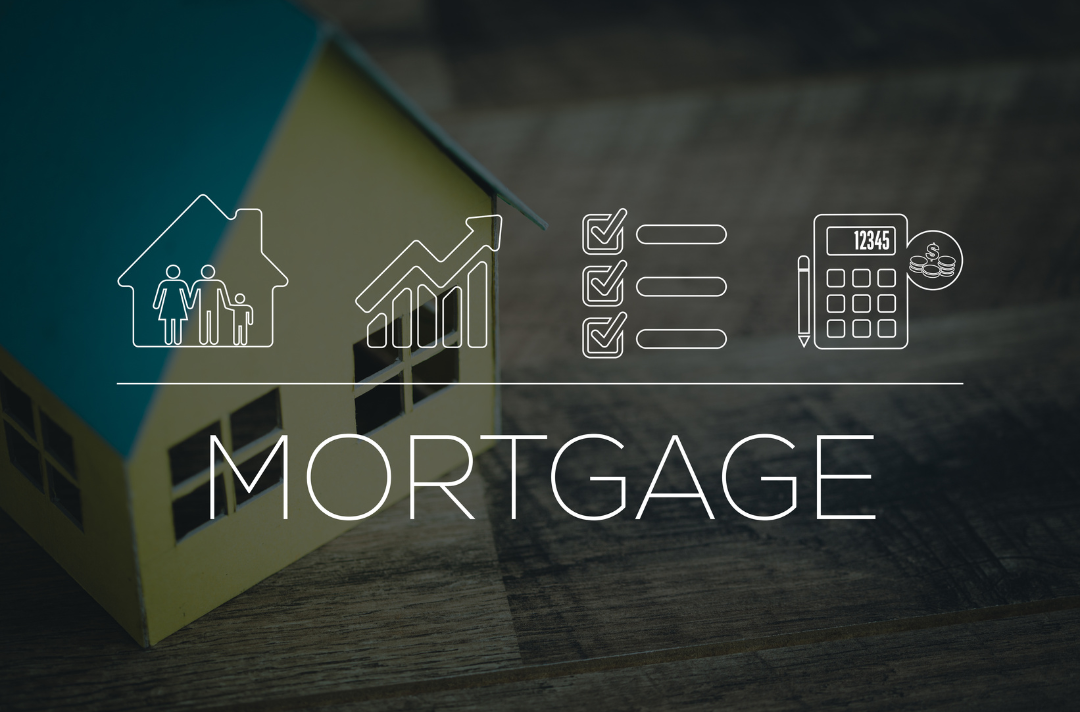Unlock Your Homeownership Potential: Why Having a REALTOR® On Your Side Matters
Posted by Infinity Admin on
The recent drop in interest rates has piqued the interest of potential homebuyers, prompting many to consider the leap into homeownership. However, the intricacies of the real estate market can be overwhelming, especially for first-time buyers. This is where a REALTOR® can step in, offering a much-needed sense of relief and guidance.

One key way a REALTOR® can assist home buyers in the current market is by providing expert guidance on the best financing options available. With interest rates in flux, understanding the complexities of different loan products and finding the best fit for individual circumstances can be daunting. A knowledgeable REALTOR® can connect buyers with trusted mortgage professionals, instilling confidence in securing the most…
165 Views, 0 Comments

.png)








